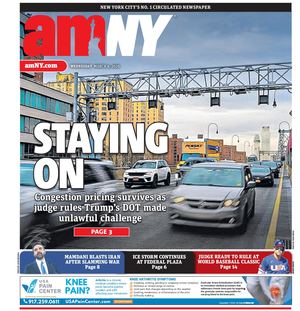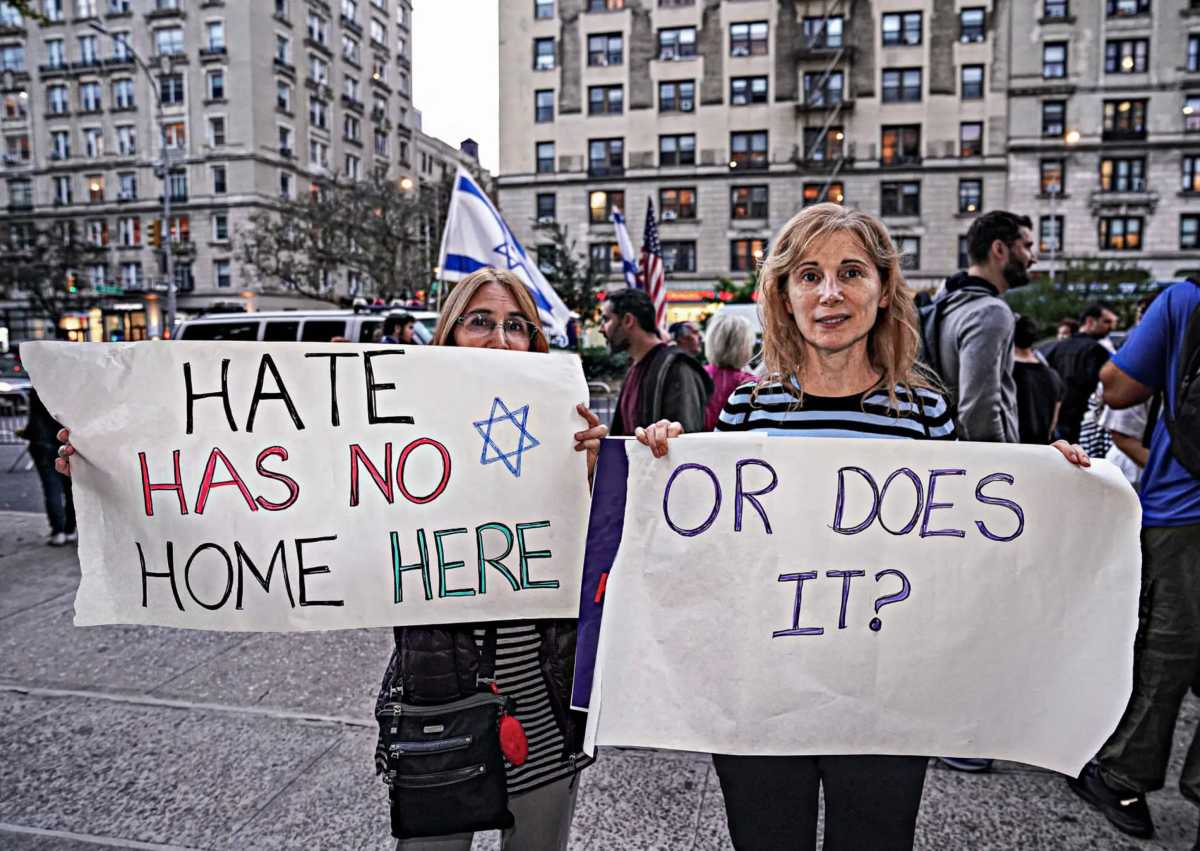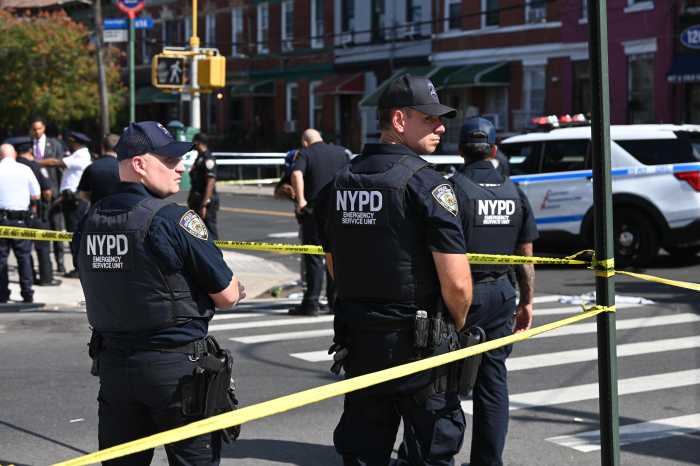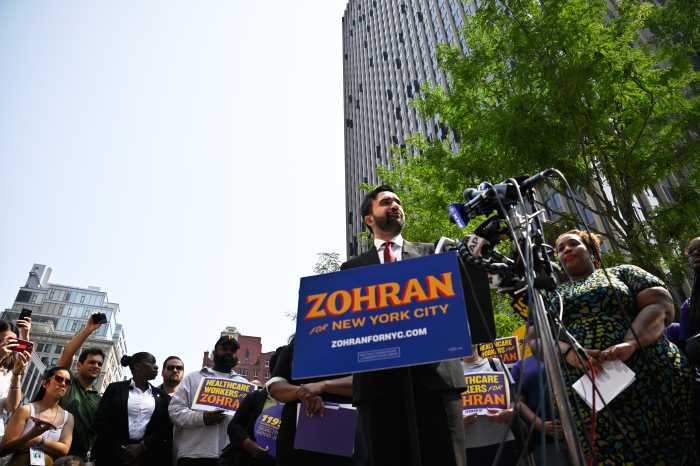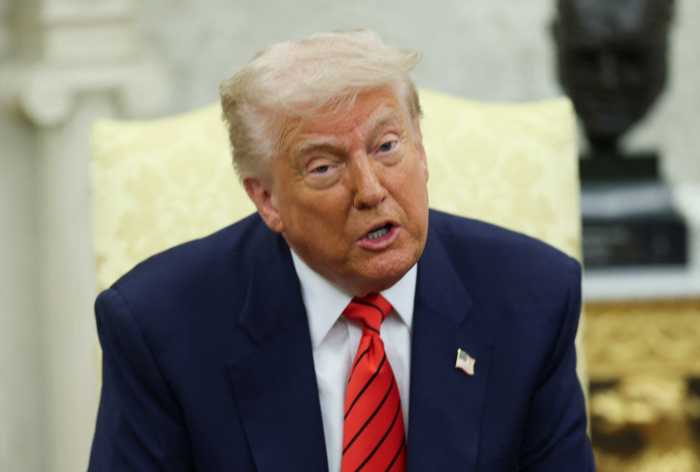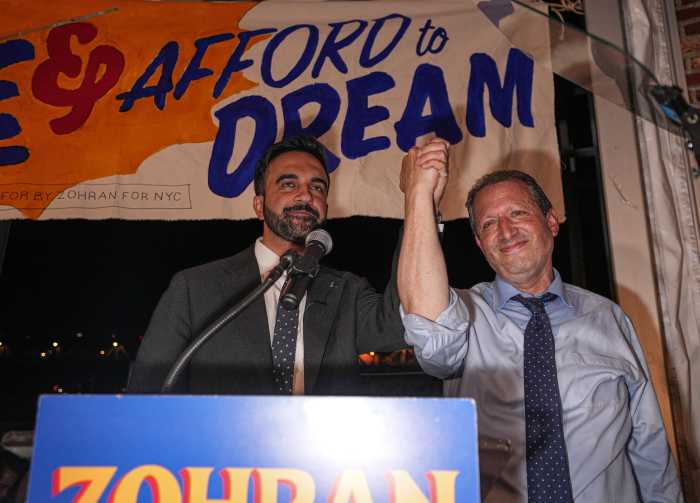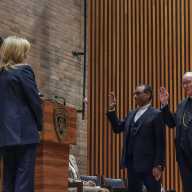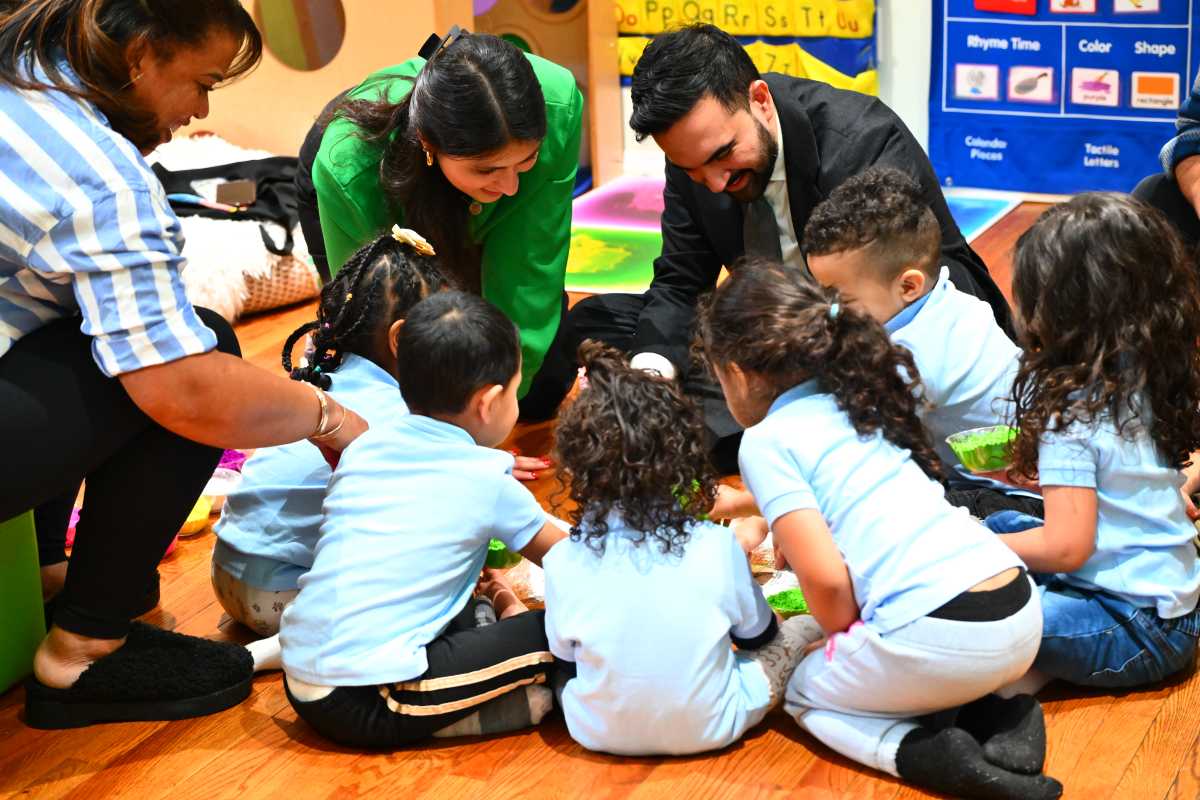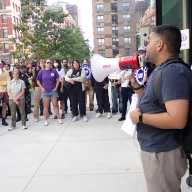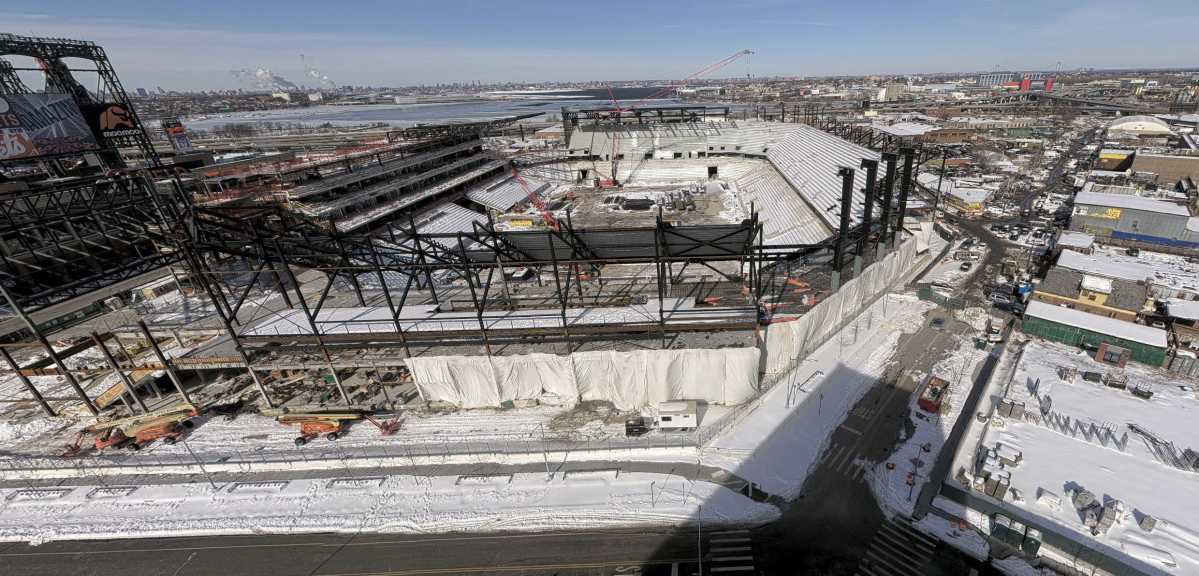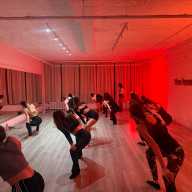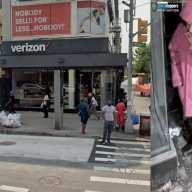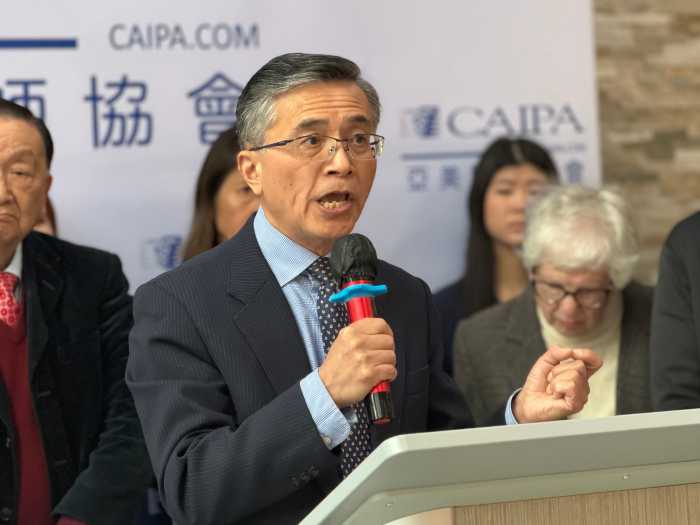Assembly Member Zohran Mamdani, a Democratic Socialist representing Astoria, won the June 2025 Democratic Primary to become the party’s nominee for mayor of New York City. He has emerged as one of the most polarizing figures not only in New York but nationally, especially among Jews.
For many Jewish New Yorkers, Mamdani poses an existential threat that isn’t rooted merely in policy disagreement, but in what his rhetoric and alliances symbolize in a volatile moment for Jewish identity, safety and belonging in Democratic politics.
To say Mamdani is an outspoken critic of Israel — which he has repeatedly charged with “genocide” since the Hamas terrorist attack of Oct. 7, 2023 — is an understatement. Mamdani’s entire political worldview was shaped by his apparent hatred for the Jewish state; the only piece of legislation he solely authored during his time in Albany was the “Not on Our Dime” bill, which was worded in such a way that New York synagogues could be sued into cutting all ties with Israel.
While this goal is shared by his extremist comrades in the New York chapter of the Democratic Socialists of America (DSA), it has struck a nerve with Jewish New Yorkers across the political spectrum as deeply alienating.
To many Jews, his continued fixation on Israel, coupled with his delayed acknowledgement of the trauma from the Oct. 7 attacks, felt like an intentional omission, denying our pain and our right to collective grief. It suggests Mamdani is not a politician who will go beyond just saying he’s concerned with our personal safety and security, should the threats emerge from his fellow travelers in the anti-Israel movement.
Mamdani’s leadership within the DSA, his refusal to support a two-state solution to the crisis in the Middle East, and his outright rejection of Israel’s existence as a Jewish state have contributed to a hostile civic climate for the Jewish community.
Bullying, harassment and intimidation of Jews at universities, in cultural spaces, and even in government spaces has forced pro-Israel Jewish New Yorkers to feel as though we’ve been marginalized. When Mamdani and his allies in the New York City Council frame Zionism as colonialism, they implicitly cast a cornerstone of modern Jewish identity, and for the majority of Jews, as morally suspect.
Their attempt to drive a wedge between Jews by demarcating who is welcome based on their affiliation to the all-consuming anti-Israel cause feels to many like a line has been crossed from legitimate (though harsh) political critique into identity-based antagonism.
Mamdani’s defenders argue he is standing up for human rights, not targeting Jews. But in a city where antisemitism has surged, intent matters less than effect.
His continued insistence, along with his allies, that somehow Jews are the perpetrators and not the victims of genocide, and that anyone who doesn’t hold the same view is “complicit,” are amplified through social media and movement spaces, and echo other global narratives that foment Jew hatred. Words do have real-world consequences, as the firebombing in Boulder, the shooting at Washington, D.C.’s Jewish museum, and the attacks on Jewish New Yorkers holding the dubious honor of being the targets of the plurality of all hate crimes in the city, plainly show.
Ultimately, it’s that Zohran Mamdani represents a movement increasingly comfortable with excluding Jews who will not disavow Israel. For New York’s Jews, Mamdani and the DSA’s rise feels like a betrayal of the promise of belonging from the city we love.
Sara Forman is the executive director of the New York Solidarity Network (NYSN), a membership organization committed to empowering New York’s Jewish community in state and local politics, and treasurer of Solidarity PAC.
